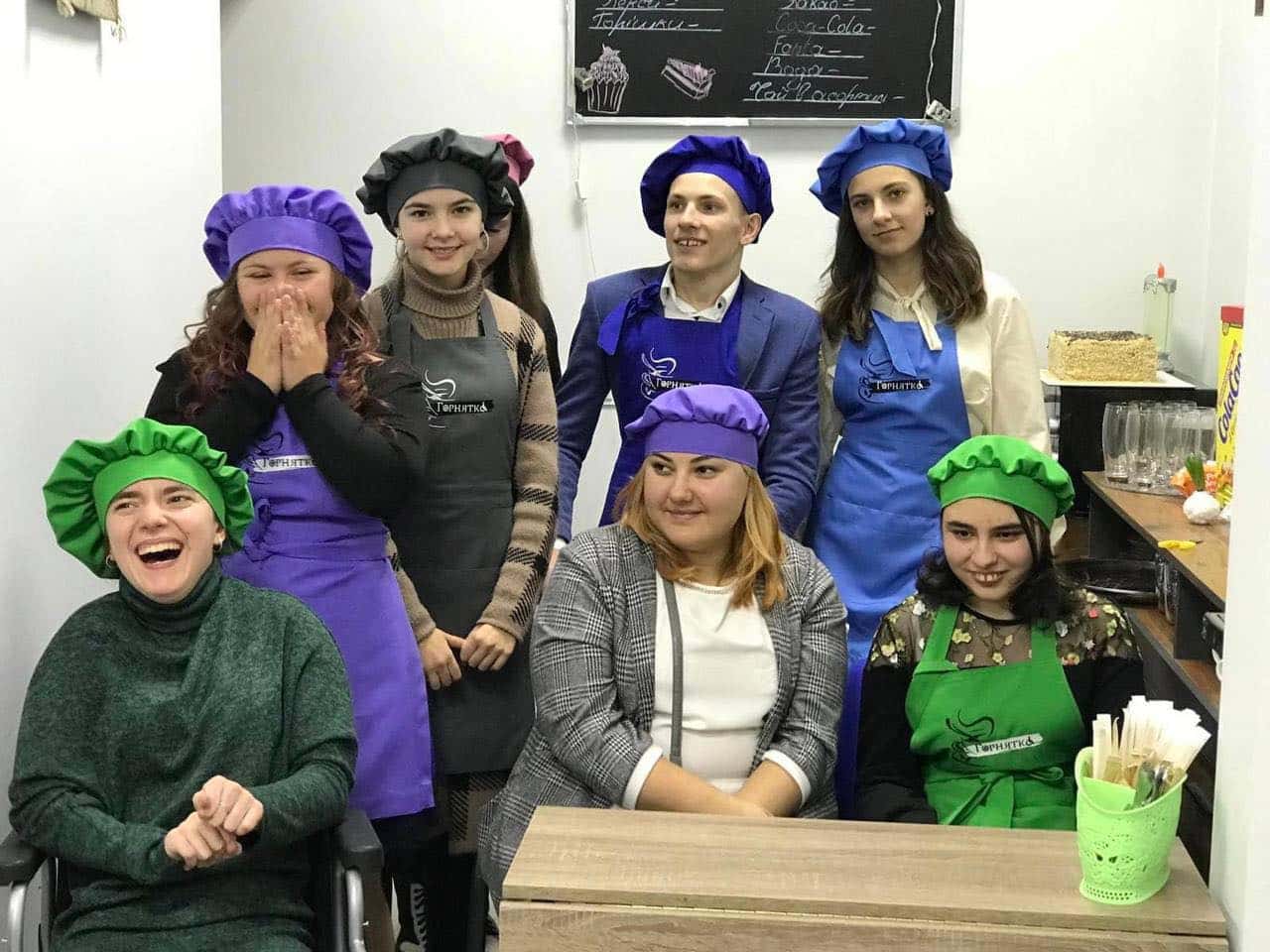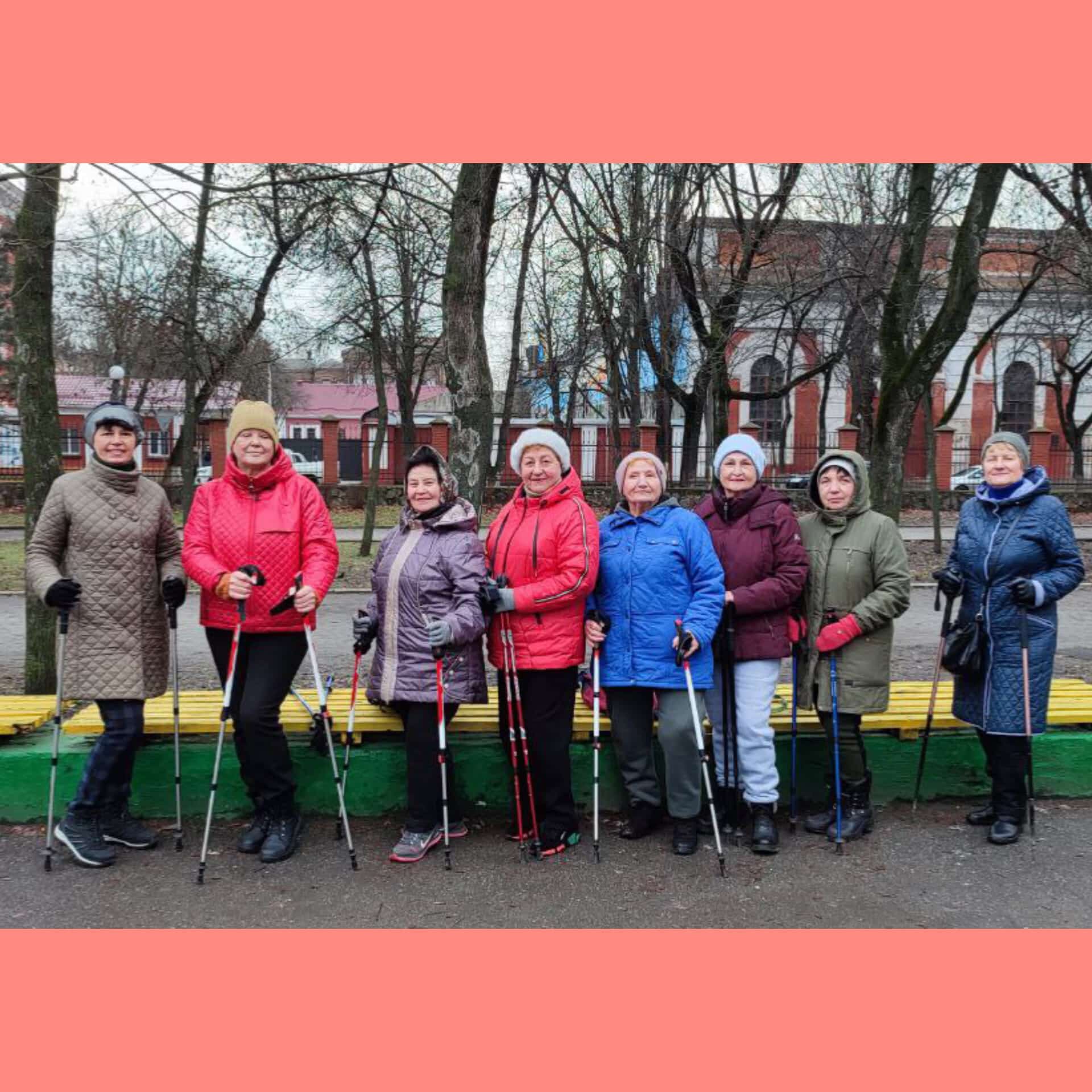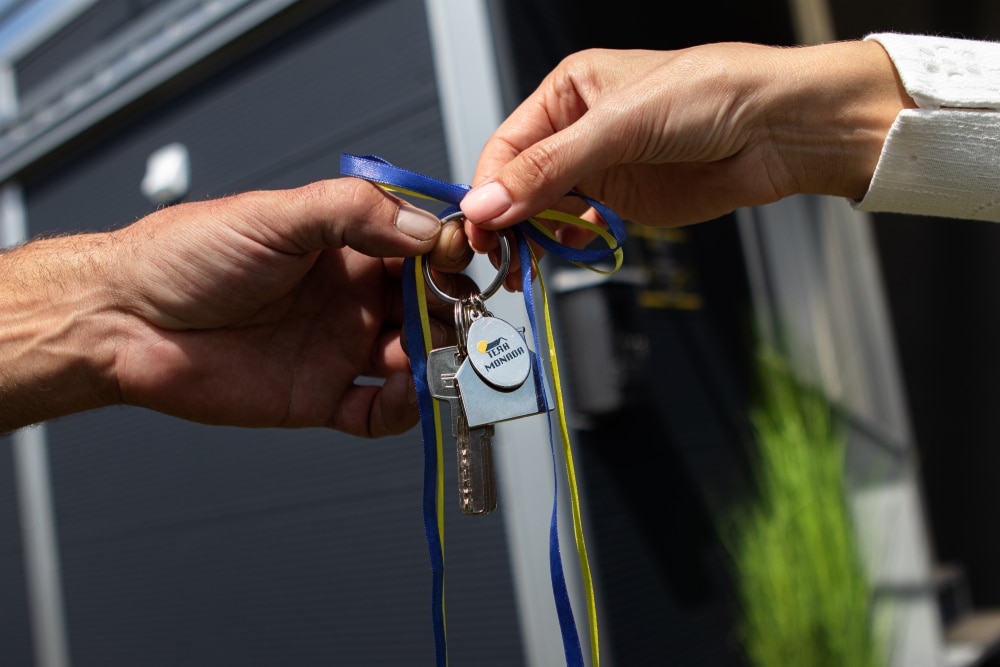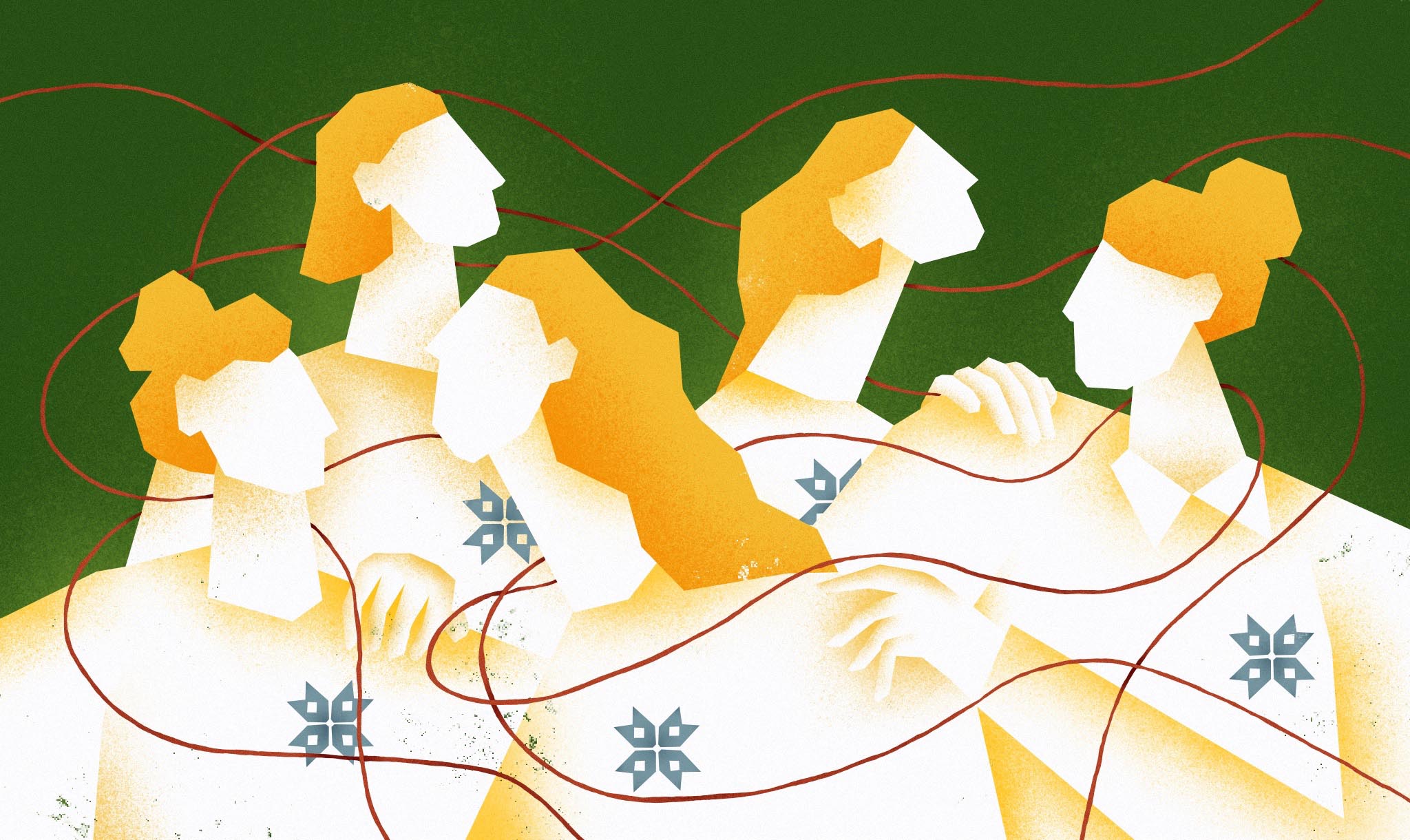Ending up down and out, losing trust of nearest and dearest, but then in the end finding strength to ask for help and eventually getting it. It is not easy to cope with addiction. However, there are those who have managed to do just that. Not only have they overcome it, they have also returned to normal life.
We will tell you the story of Oleksandr and Oleh who have undergone rehabilitation from drug and alcohol addiction, having begun working at the social workshop WOODLUCK. We also talked to the managers of the workshop, Andriy and Taras Levytsky, about how a business with a strong social component can be built and why it is important to support those going through rehab.
Ukraine and еру Netherlands: social business
The social enterprise launched by two brothers from Lviv, who decided to give a chance to those doing rehab to start a new life, is not only about work but also understanding, support and trust. Employees of the workshop share this opinion: they have found understanding here, being treated not as people who were once addicted, but as someone who is worth support and trust.
Andriy Levytsky, the founder of the social workshop WOODLUCK, has spoken to us about his road to this business. He is also one of the co-founders of the BUR camps (the acronym stands for the Ukrainian for ‚Let’s build Ukraine together‘ – translator’s note). There Andriy spent a few years working with volunteers in Donetsk and Luhansk provinces.
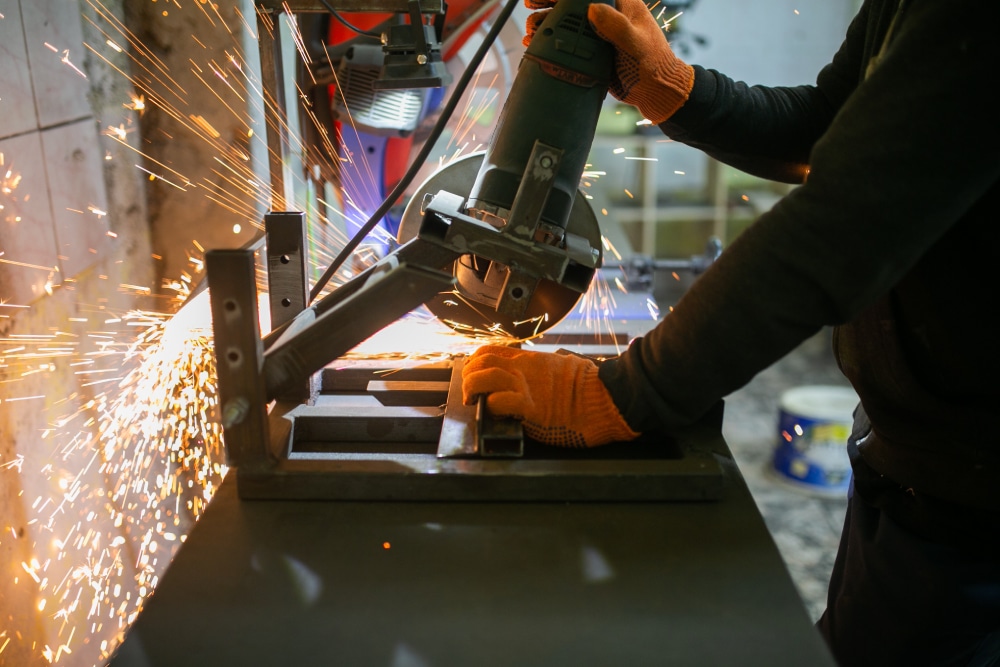
While studying at the Lviv Business School, Andriy came up with the idea of a co-working space, where people would make handmade products: toys, shelves, etc. Such a business model turned rather topsy-turvy. Andriy came up with a new one – he wanted to set up a furniture workshop that undertakes a social mission. His brother, Taras Levytsky, joined the enterprise.
The workshop was launched in 2016. The first employees were graduates of boarding schools. These were orphan boys. However, their engagement in the workshop was not long. They eventually left the country. Andriy says he decided to find new employees through social networks by publishing a post on Facebook to search for a carpenter. Oleksandr, who had just undergone drug and alcohol rehabilitation, responded to the call.
That was how the social workshop transformed itself. It shifted its focus on helping those who have successfully fought addiction. According to Andriy, he spoke to the management of a rehab center, beginning to hire employees from there.
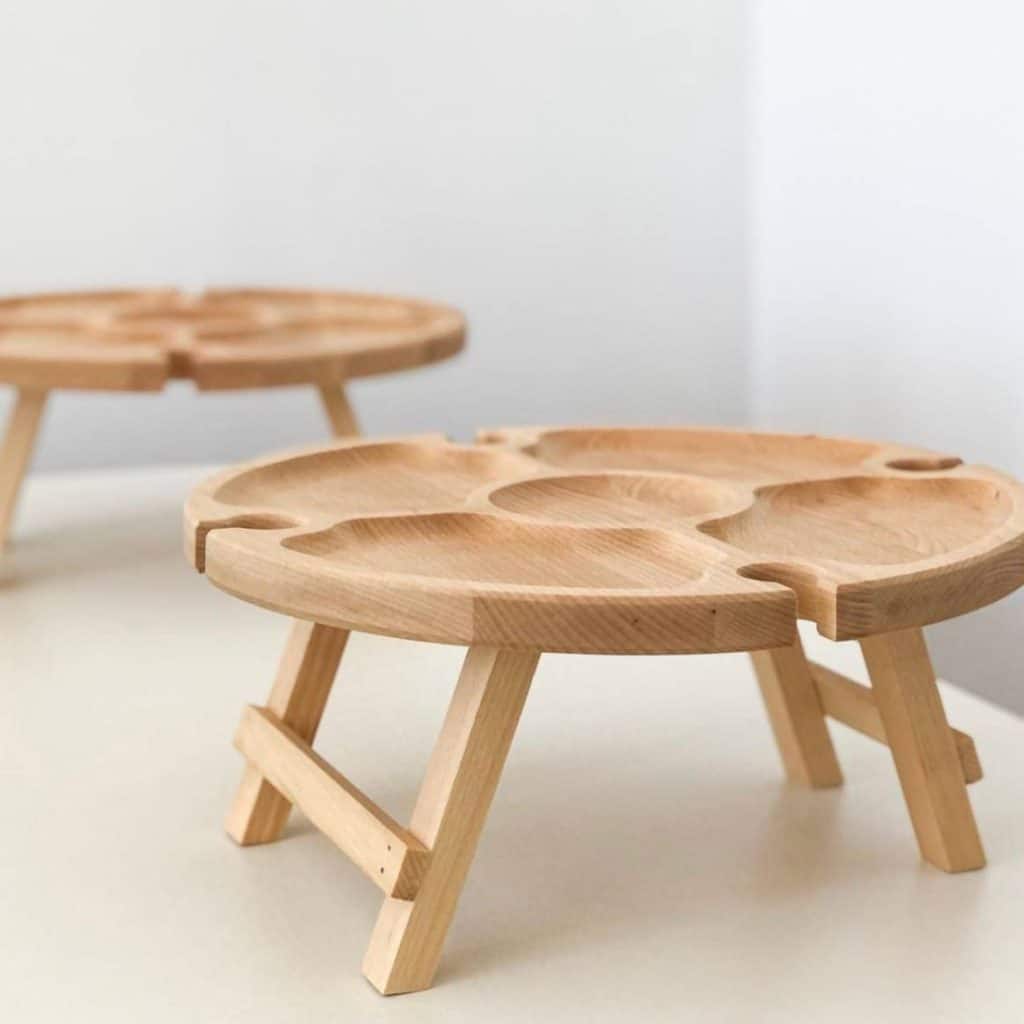
Taras, the co-founder of the workshop, says that before working at the workshop he used to work with socially unprotected students while being the head of the union bureau at his university. He was delighted to join his brother at the workshop.
The two brothers say that after two years of working at the workshop they took an educational trip to the Netherlands in 2018 together with the employees of the worksop.
‚A good friend of ours, who is an active public figure in the Netherlands, has connections to a lot of social businesses. So we visited about ten of them, for example, a workshop repairing bicycles, a candle manufactory, a library, a business trading in furniture, a social cafe’, says Andriy.
Taras says, ‚We visited a cafe where people with disabilities work. When a person with cerebral palsy was serving us with coffee, I was struck by the fact that these people could work and feel useful, with their life not being confined to disability allowance. I came to understand that I could no longer do a business that would lack a social element’.
Loft, cabinet furniture, employees
Taras says that the activities of his workshop can be split into 4 main categories: producing home and office furniture, metal working, wood working and cutting metal on a milling machine.
The workshop started out producing loft style furniture, made of wood with metal elements. Three years later cabinet furniture was added to the list of finished products.
‚We started making cabinets, kitchens and dressers. We make home and office furniture, furniture for restaurants. We don’t make soft furnishings yet. Nor do we have our own product line. We make furniture to individual orders. People often come to us with a vision, and our designer delivers a detailed plan of how this can be brought to life’, says Taras.
At present the team is made up of 18 people. 7 of them have gone through rehab. They used to be drug or alcohol addicted. There are also people with disabilities on the team.
According to Taras, a part of their clients are not aware of the workshop being a social business helping former addicts. Andriy reckons that it is more important for many clients simply to have furniture made nicely and delivered timely. However, the workshop insists on explaining its mission and publishing reports on its activities, telling the world about its social orientation.
Andriy says that every time when there is a vacancy in the production department, they first of all set out searching for a candidate in a rehab center. Should they find the right candidate, they employ them. If this is not the case, the vacancy is then placed on job search websites. Some processes in the workshop require relevant education. Nevertheless, there are also jobs that can be picked up on along the way. Also, the workshop offers a special mentor program for its employees.
‚Those who have spent more time at the company and have a history of alcohol or drug addiction, become mentors for those who have come to us after doing rehab. The mentors explain processes, touching on behavioral issues and things that can prove triggers. Often a former addict used to be quite expressive and active during their problem years, the behavioral feature that does not pass quickly. Therefore, in order for our employees to visit clients, they, for example, first speak to their mentor. Our boys also see a therapist at the rehab center once a month’, explains Andriy.
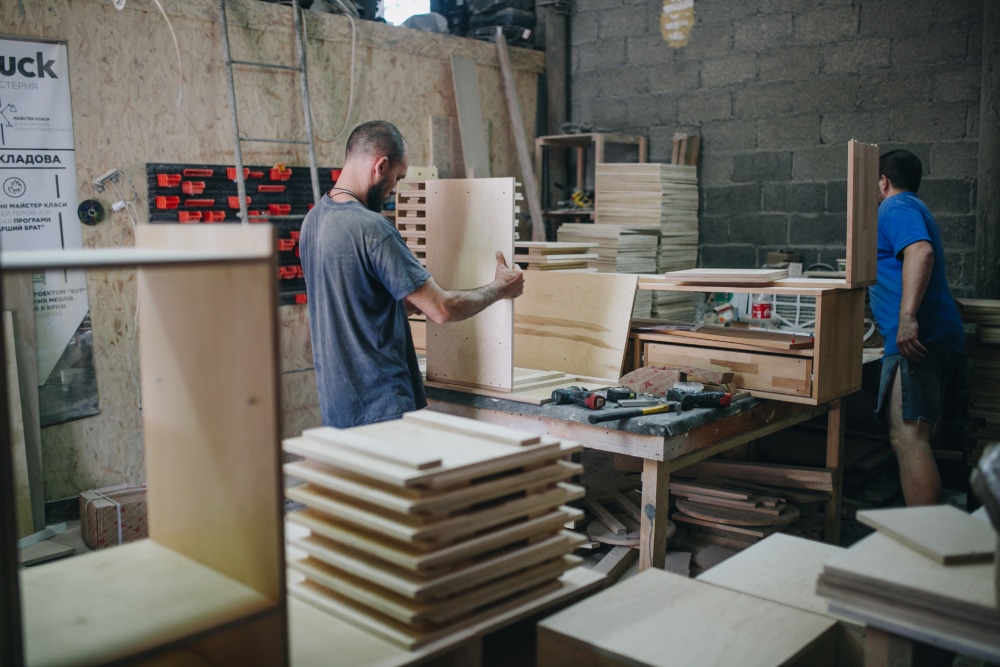
Taras tells us about the plans of the workshop. He intends to hire another two people from the rehab center. The workshop is about to launch another two activity directions. This time the turn came for soft furniture. The brothers are also thinking about creating a design studio as their clients often do not have finished projects, while still requiring help from experts.
Hedgehogs and beds
When the full-fledged war broke out, two employees of the workshop, Mykola and Roman, went to the front. The sales of the company dropped accordingly in March and April, 2022.
However, WOODLUCK continued with its work since together with the Ukrainian educational platform it began producing furniture for forcibly displaced persons. Nearly every school in Lviv was accommodating people in the first weeks of the invasion. WOODLUCK also helped with beds, benches and stands.
‚We would get calls from 2 or 3 schools a day which asked us to provide 50 beds. By June last year we had made about 3 thousand beds. Volunteers came and helped assemble them‘, Andriy says.
Apart from beds WOODLUCK also made anti-tank obstacles known as ‚Czech hedgehogs‘. Andriy wrote a post on social networks and people responded to his appeal.
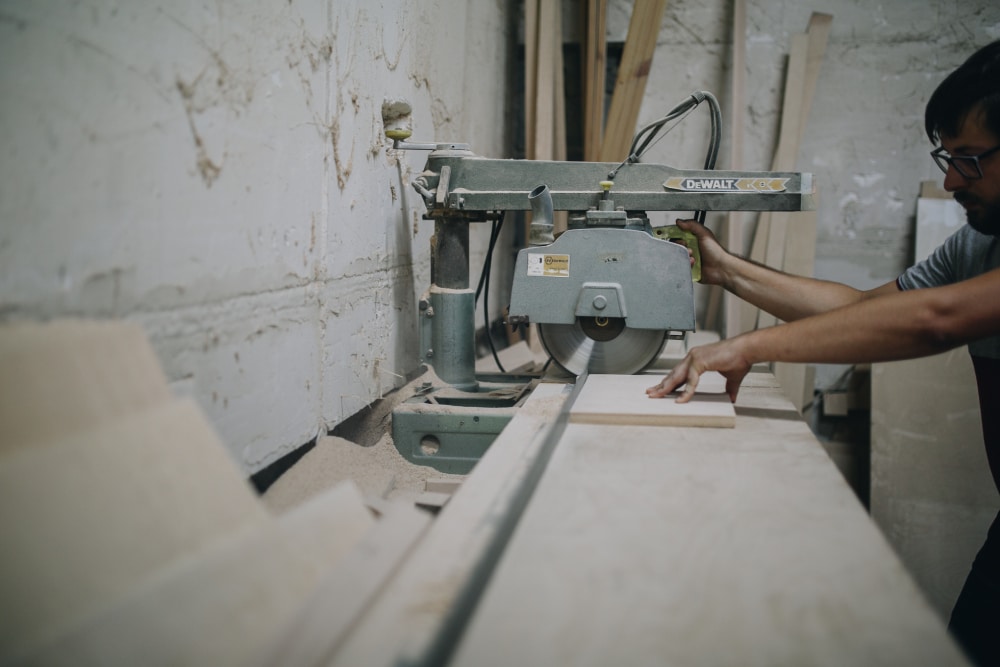
‚On the first day we had as many as two welding devices, while there were 16 people ready to weld. All neighbors nearby began bringing their own angle grinders and welding devices. Owners of the premises brought us metal. We worked around the clock during the first three weeks welding the hedgehogs’, Andriy says.
Finished products were transferred to Kharkiv, Zhytomyr and Lutsk. According to Andriy, about 10 tons of metal was processed! People from different spheres came to work despite frost and cold.
The workshop also helps the army by readjusting evacuation cars. Andriy says that his business partner refurbishes cars, pickup trucks and microbuses so that they are bulletproof and can travel to hard-to-reach places. Metal plates are welded onto the trucks and the car interior is readjusted. WOODLUCK cuts different spare parts out of plywood needed for sheathing of the interior and making stretchers, which is something that the company keeps completing until now.
Last fall WOODLUCK managed to reach the sales level of the pre-war times. On average the company is able to produce furniture for 10 apartments.
Road to sobriety: stories of people who have undergone rehabilitation
Oleksandr is a woodworking technologist by training. He was born in Chervonohrad, a city in Lviv province, having spent part of his life there. He says he did drugs back in his youth. Everyone in his circle of friends did just that, which means the man did not see any other options.
In 2015 he volunteered to the front, serving with the 128th separate mountain infantry brigade. The war did not solve his addictions problems, whereas having brought new ones.
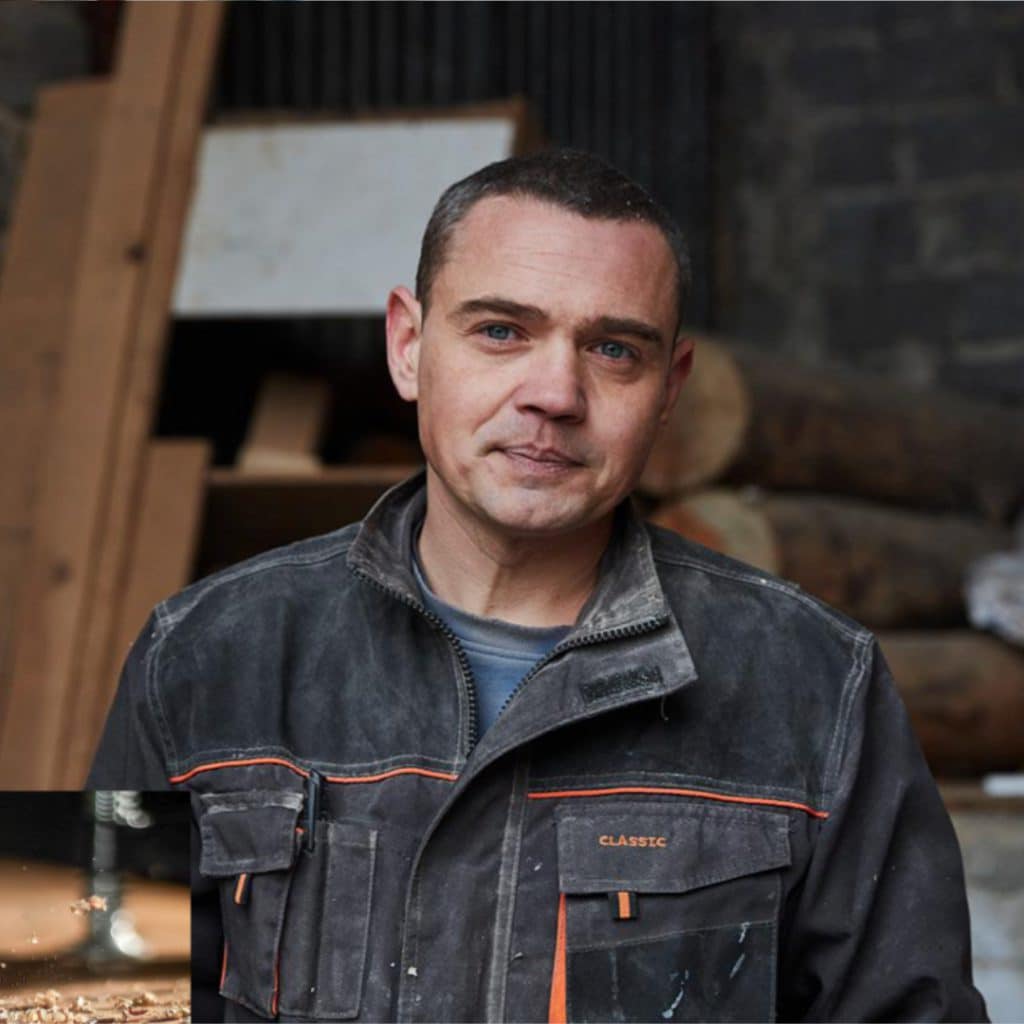
‚I reached the point where my parents turned away from me. I got divorced, having lost my family. I didn’t have a job, so there was a complete mistrust on the part of my acquaintances and friends. Back then I returned from the war, came to a river to take a walk and it dawned on me that I was left alone, having nobody to talk to about my problems. Alcohol and drugs make your life worse, this is a one-way ticket to degradation and death’, says Oleksandr.
He, therefore, decided to change his ways. Without knowing anything about rehabilitation centers, he came to his mom, asking for help. She agreed, finding him a rehabilitation center in Lviv through her acquaintances.
After 9 months of the rehab course Oleksandr was to go through the resocialization process, which means becoming part of society once again. That was how he began working with WOODLUCK. He saw a post on Facebook about a vacancy published by Andriy. Oleksandr came to the workshop and told his story.
‚When I searched for work I would tell the employer about my drug addiction past and my rehab course. They would all promise me to call back. It was hard, but I felt reluctant to tell a lie, I wanted to be open, looking for understanding. And I did find it. Andriy did not see me as an addict, as someone with issues. He thought of me as an employee and an expert’, says Oleksandr.
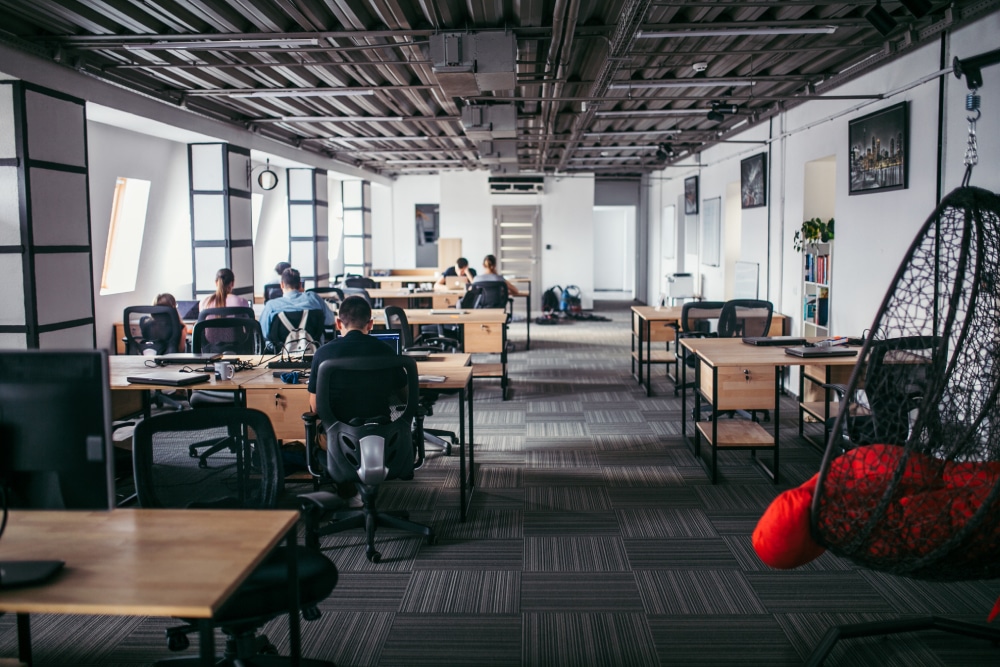
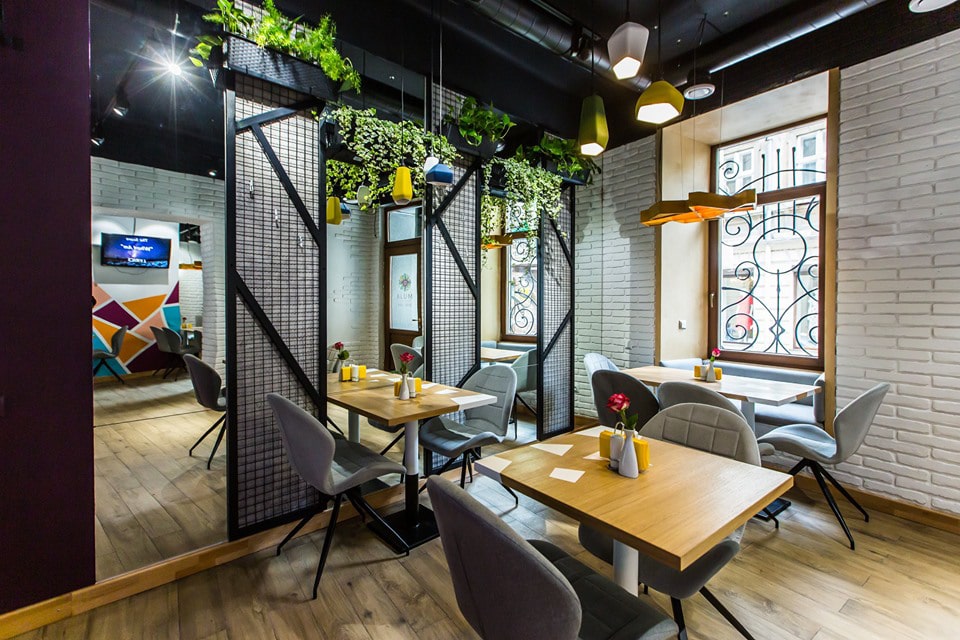
At first he spent 4 years working with WOODLUCK. After that he volunteered at BUR. Last year Oleksandr returned to the workshop. He had had experience working as a carpenter, making cabinet furniture. Oleksandr now works with particle board furniture, assembling kitchens, wardrobe, wardrobe closets, etc.
Oleksandr worked also as a mentor for those who were fresh from rehab centers. He shared his experience, feelings and emotions.
Oleksandr has been living the life of a teetotaler since 2017. The man has started a new family, having fathered two children. He also has a daughter from a previous marriage. He works and offers help to those men who are yet to go through the process of beating their addiction.
‚First and foremost, it was faith that helped me because addicts lose trust of their loved ones and society. The latter have the same lifestyle, which entails constant lies and manipulation. As soon as you go sober and change your priorities, you set goals and live a new life’, says Oleksandr.
Oleh is his colleague. He came from Odesa to Lviv to be treated for his addiction. Afterwards he joined WOODLUCK.
At 13 Oleh lost his mom. He lived with his grandmother until he turned 18. Starting from that time he lived with his father. All this contributed to his beginning to do drugs.
‚My parents were also addicts. All my life I saw only these examples of dealing with stressful situations, and I followed in their footsteps. From 18 to 30 I did hard drugs, alcohol… anything that could change my consciousness‘, says Oleh.
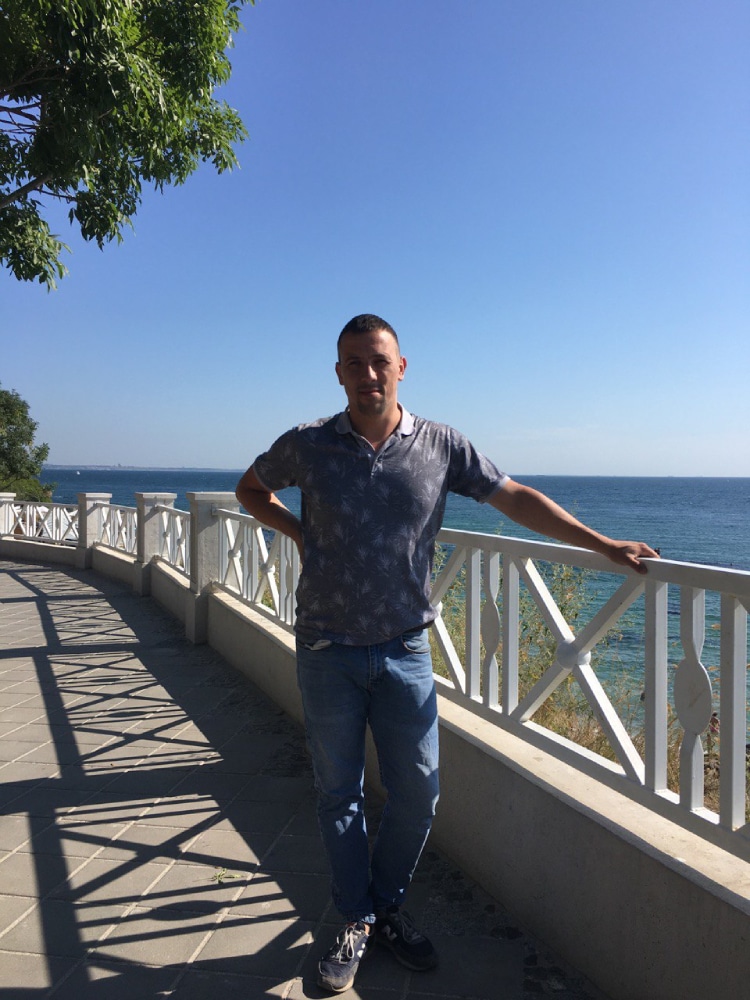
His loved ones helped him realize that he was at his lowest ebb. According to Oleh, the fact that one understands that there is no going back makes one change things. A friend of his, who was also undergoing rehab, his sister and a childhood friend offered him support and help. Oleh’s rehabilitation took 9 months.
Oleh told us about the stages of rehabilitation:
- First: the addict has to first recover physically in order to get accustomed to living without drugs or alcohol, or to move on to a different lifestyle;
- Second: introductory work with the therapist, work in groups, completion of psychological exercises;
- Third: in-depth work with the therapist, dealing with trauma, complexes, finding out the reasons of addiction, coming to terms with the things that have happened;
- Fourth: resocialization since during rehabilitation a person shuts themselves off from society, whereas during their return they learn responsibility and interaction.
Oleh has been working with WOODLUCK for three years now. He says he also deals with particle board furniture, just like Oleksandr. Oleh has tried his hand at many activities, having found a job to his liking.
The man believes that it is not only work that is important at the workshop. Respect, trust and deep conversations outside work are just as important. Oleh often talks to Andriy and Taras, receiving support and understanding from them.
‚After rehabilitation I was emotionally a bit unstable. I was seen as an addict, that was how others perceived me. WOODLUCK welcomed and trusted me. They do so until now. Our interaction goes beyond the relationships between the employer and employee. The thing that makes our workshop special is that we don’t simply come here to work, there is also a psychological element to it’, says Oleh.
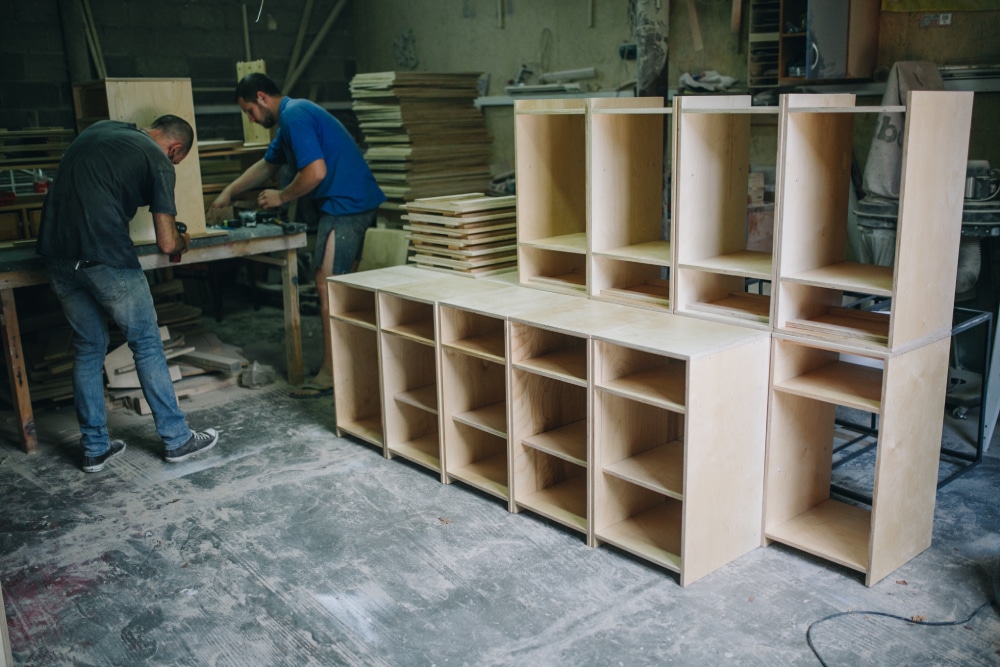
Later he became a mentor for those men who have lived through addictions just like him.
‚We spend three months teaching newcomers. We pay more attention not to their work but their attitude to it. When a person leaves a rehab center, they are confused, not knowing what to do next. It’s like letting fish out of an aquarium into the sea. Only instincts may work. This should never be allowed to happen, though. This mentorship is about serving the addicted, when you do good deeds and share your understanding of sobriety with them, who are just like you were’, says Oleh.


